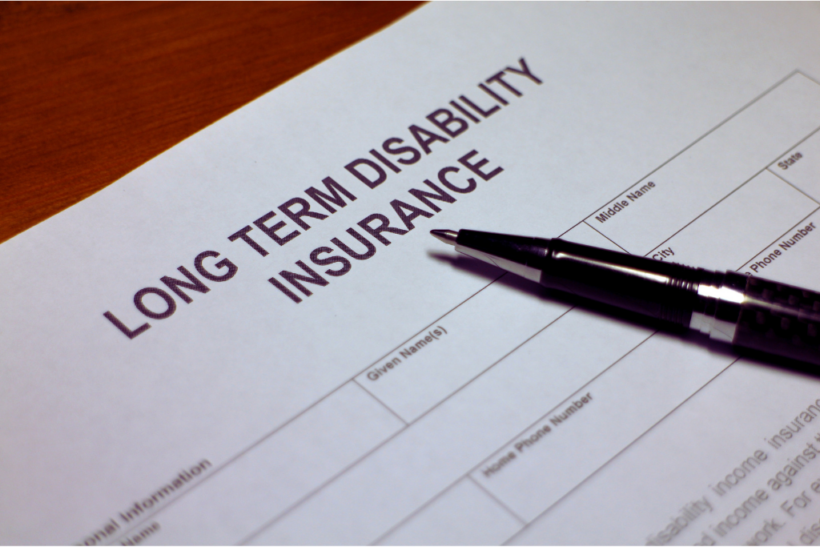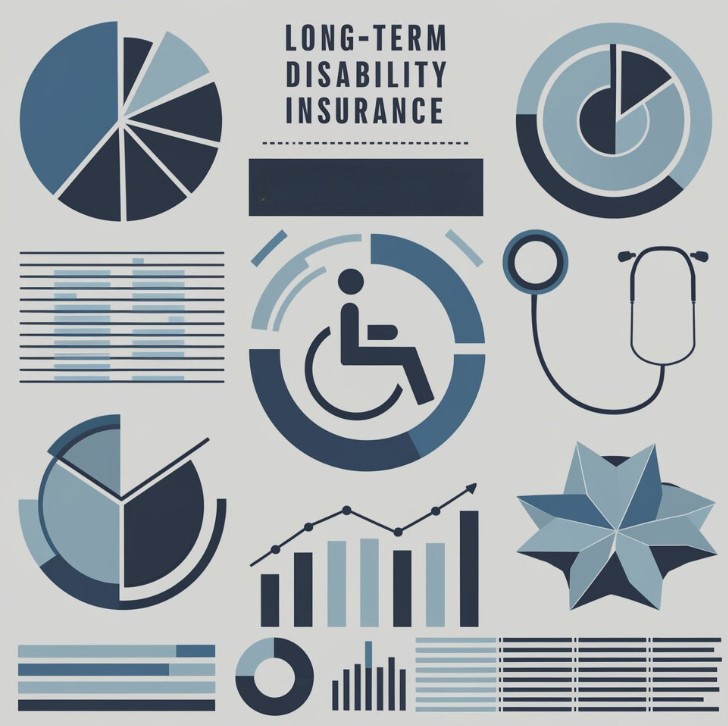Car accidents can be life-altering events, with consequences that extend far beyond the initial impact. While most people think about the immediate aftermath—like dealing with insurance companies and getting their vehicle repaired—some individuals face a much longer road to recovery. For those who suffer serious injuries, the question of whether they can receive long-term disability benefits becomes crucial. But what does this entail, and is it really an option for those affected?
For anyone dealing with the aftermath of a serious car accident, understanding their rights and the available support options is essential. This is especially true when it comes to long-term disability benefits. If you find yourself in such a situation, you might want to Check this site for detailed guidance and support.
Understanding Long-Term Disability Insurance
Long-term disability (LTD) insurance is designed to provide financial assistance to individuals who are unable to work due to a disabling condition. This type of insurance typically kicks in after a short-term disability period has elapsed, usually around three to six months. LTD insurance can replace a significant portion of your income—up to 60-70%—and can last for several years, or even until retirement, depending on the policy.
It’s important to distinguish between long-term disability insurance provided through your employer and private disability insurance that you might purchase independently. Employer-provided policies often come with specific stipulations and limitations, while private policies can be tailored to meet individual needs.
Qualifying for Long-Term Disability After a Car Accident
Qualifying for long-term disability benefits after a car accident requires meeting specific criteria outlined by your insurance policy. First and foremost, you must have sustained an injury that significantly impairs your ability to perform your job duties. Common injuries from car accidents that might qualify include severe whiplash, spinal cord injuries, traumatic brain injuries, and other conditions that result in chronic pain or limited mobility.
Medical documentation is critical in the qualification process. You’ll need comprehensive records from your healthcare providers detailing the nature and extent of your injuries, the treatments you’ve undergone, and your prognosis. Insurance companies often require regular updates and may also request independent medical examinations to verify the ongoing impact of your injuries.
The Claims Process
Filing a claim for long-term disability benefits can be a complex and time-consuming process. It begins with notifying your insurance provider about your condition and your intention to file a claim. This typically involves completing a series of forms and providing substantial medical evidence.
One of the most challenging aspects of the claims process is proving that your injury prevents you from performing not just your current job, but any job for which you might be reasonably qualified. Insurance companies often scrutinize claims closely, looking for reasons to deny benefits or limit their duration. Therefore, it’s essential to be thorough and precise in documenting how your injury impacts your daily life and work capabilities.
Dealing with Denials and Appeals

Unfortunately, it’s not uncommon for long-term disability claims to be denied initially. Insurance companies might argue that the medical evidence isn’t sufficient, that your condition isn’t severe enough, or that you can still perform some form of gainful employment.
These denials can be frustrating and disheartening, but they are not the end of the road. If your claim is denied, you have the right to appeal the decision.
The appeals process involves submitting additional evidence, possibly including further medical evaluations, statements from your doctors, and even testimony from vocational experts who can attest to your inability to work.
This phase can be particularly challenging, and many individuals find it beneficial to work with a disability attorney who specializes in handling such cases. A skilled attorney can help you navigate the complex appeals process, ensuring that all necessary documentation is provided and that your case is presented as strongly as possible. They can also represent you in hearings and negotiations, significantly increasing your chances of overturning the denial and securing the benefits you need.
The Role of a Disability Attorney
Navigating the long-term disability claims process can be overwhelming, especially when you’re already dealing with the physical and emotional fallout of a car accident. A disability attorney can provide invaluable assistance by helping you understand your policy, gather the necessary documentation, and build a strong case.
Disability attorneys are experienced in dealing with insurance companies and know the tactics they often use to delay or deny claims. They can also represent you in hearings and negotiations, increasing your chances of a successful outcome. If you’re considering hiring an attorney, it’s important to choose someone with a strong track record in disability law and who is familiar with the specifics of long-term disability claims related to car accidents.
Life After Approval
If your claim is approved, receiving long-term disability benefits can provide significant financial relief, allowing you to focus on your recovery without the constant worry of income loss. These benefits can cover a range of expenses, from daily living costs to ongoing medical treatments and rehabilitation.
However, life on long-term disability can also come with its own set of challenges. It’s crucial to stay in regular contact with your healthcare providers and adhere to their treatment plans. Most policies require periodic reassessments to ensure that you still qualify for benefits, so ongoing documentation of your condition and its impact on your life is necessary.
Conclusion
Getting long-term disability benefits after a car accident is possible, but it requires a thorough understanding of your insurance policy, meticulous documentation, and often, professional legal assistance. The road to securing these benefits can be arduous, but for many, it’s a vital step toward rebuilding their lives after a devastating injury. Understanding your rights and taking proactive steps can make all the difference in your journey toward recovery and financial stability.



